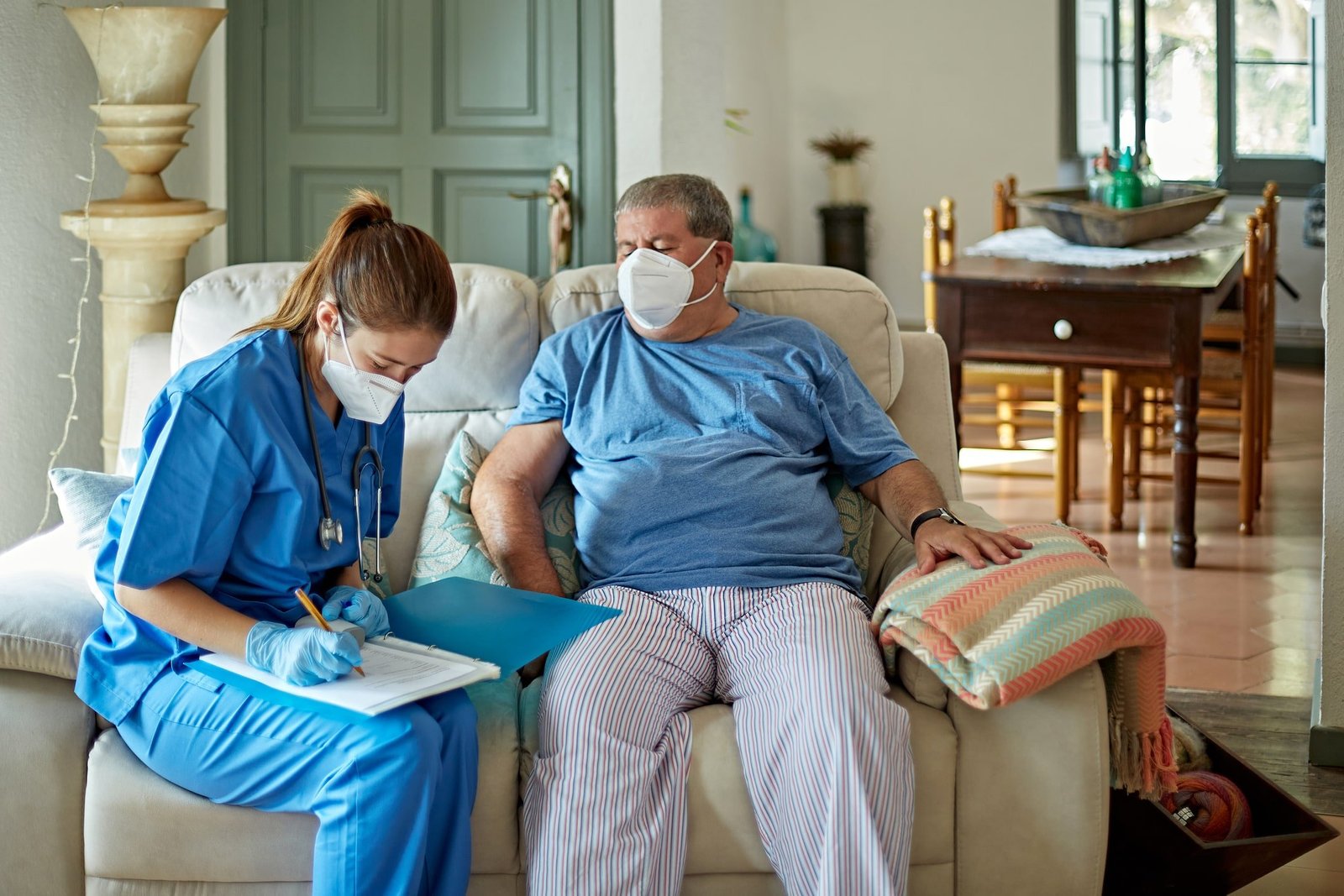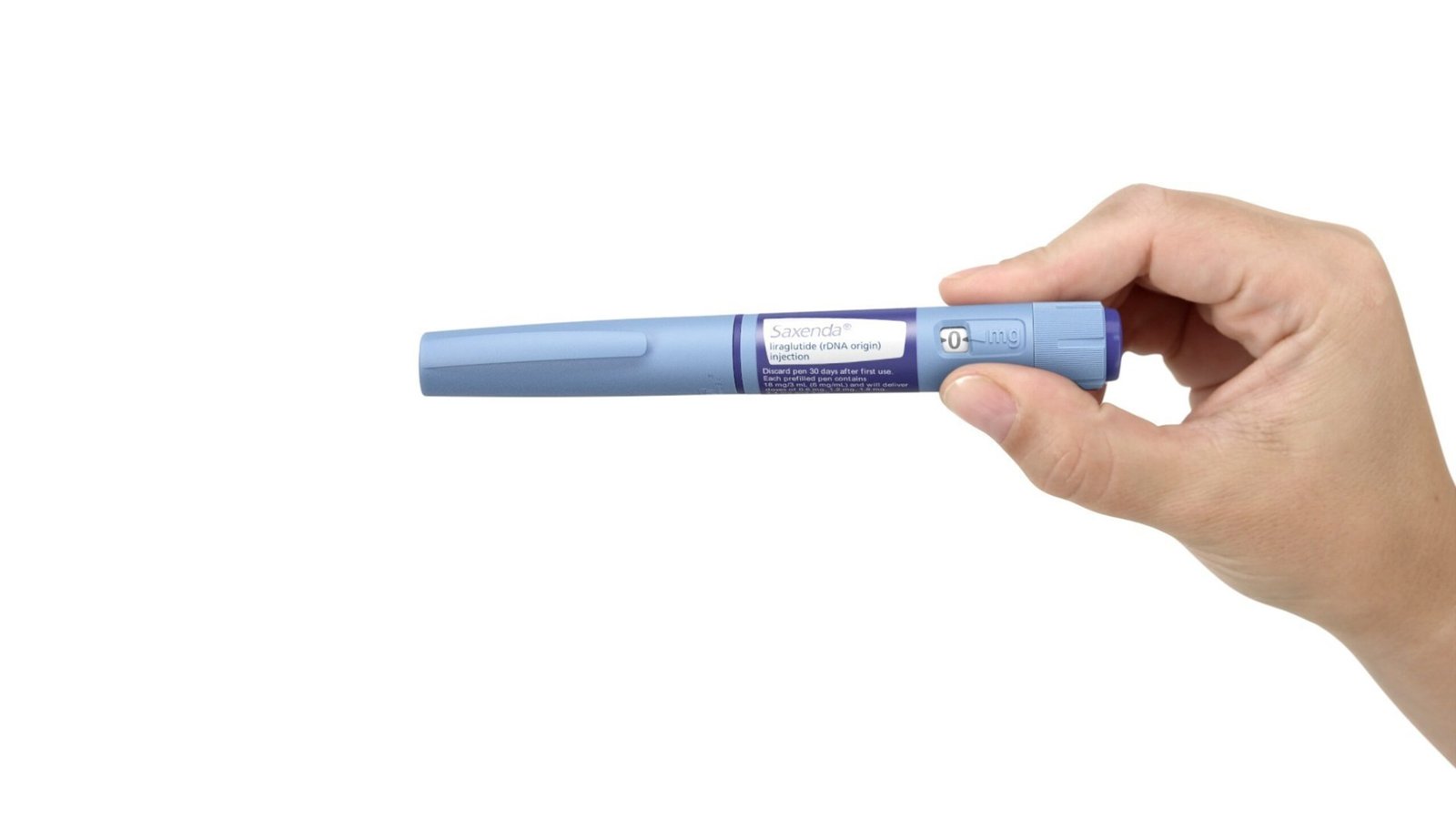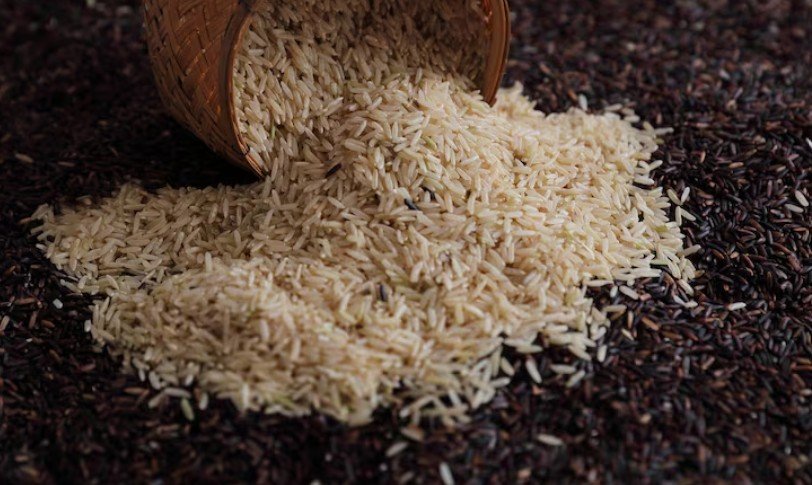Gastroesophageal Reflux Disease (GERD) is a common digestive condition where stomach acid frequently flows back into the esophagus, causing discomfort such as heartburn, bloating, and chest pain. While medications like ranitidine 150 mg have been widely used for symptom relief, many people seek natural remedies to manage GERD effectively alongside or instead of drug therapy. Below are evidence-based, natural strategies to help you manage reflux and protect your digestive health.
Gastroesophageal reflux, commonly known as acid reflux or GERD, occurs when stomach acid flows back into the esophagus, causing symptoms like heartburn, bloating, and a sour taste in the mouth. A major contributing factor is a weakened lower esophageal sphincter (LES), which normally prevents acid from rising. Lifestyle factors such as obesity, smoking, and poor eating habits can worsen the condition. Managing your weight through regular exercise and quitting smoking are two crucial steps. Elevating the head of your bed by 6–8 inches can also prevent nighttime reflux by using gravity to your advantage.
1. Adopt GERD-Friendly Eating Habits
What you eat—and how you eat—can significantly influence reflux symptoms. A few dietary tips include:
- Eat smaller, more frequent meals to prevent excess stomach pressure.
- Avoid trigger foods like spicy dishes, citrus fruits, chocolate, caffeine, fatty foods, and carbonated drinks.
- Eat slowly and chew thoroughly, allowing your stomach time to process food without producing excessive acid.
Certain foods like oatmeal, bananas, ginger, and green vegetables are considered soothing for the stomach and may help reduce acid reflux symptoms. Keeping a food diary can help you track what foods aggravate your condition and eliminate them gradually.
2. Lifestyle Modifications for Natural Relief
Your daily habits can also affect how frequently you experience reflux. Try the following natural changes:
- Maintain a healthy weight: Excess body fat increases abdominal pressure and the likelihood of acid traveling back up the esophagus.
- Avoid lying down immediately after eating: Wait at least 2-3 hours before going to bed or lying flat to give your stomach time to empty.
- Elevate the head of your bed: Sleeping at a slight incline (about 6-8 inches) helps prevent nighttime reflux.
- Quit smoking and limit alcohol: Both habits weaken the lower esophageal sphincter, the muscle that keeps acid in the stomach.
Certain foods like oatmeal, bananas, ginger, and green vegetables are considered soothing for the stomach and may help reduce acid reflux symptoms. Keeping a food diary can help you track what foods aggravate your condition and eliminate them gradually.
These adjustments can significantly reduce the intensity and frequency of GERD symptoms without the need for constant medication.
3. Herbal Remedies and Supplements
Some natural remedies may provide relief for those with mild to moderate reflux:
- Licorice root (DGL): Helps increase mucus production, protecting the stomach lining from acid.
- Aloe vera juice: Known for its soothing properties, it may reduce inflammation in the esophagus.
- Chamomile tea: Can ease digestive stress and reduce inflammation.
- Probiotics: Support gut health by maintaining a balance of good bacteria, possibly easing digestive issues linked to GERD.
Always consult a healthcare provider before starting supplements, especially if you’re taking medications like ranitidine 150 mg, which was previously used to treat GERD by reducing stomach acid production.
Certain foods like oatmeal, bananas, ginger, and green vegetables are considered soothing for the stomach and may help reduce acid reflux symptoms. Keeping a food diary can help you track what foods aggravate your condition and eliminate them gradually.
4. When Natural Methods Aren’t Enough
While natural solutions are effective for many, some cases of GERD require pharmaceutical support. Ranitidine 150 mg was a commonly recommended treatment due to its acid-suppressing capabilities. However, concerns over certain impurities in ranitidine have led to its withdrawal in many markets. If you’re looking for acid reducers, consult your doctor for updated alternatives such as famotidine or omeprazole.
You can find GERD-friendly medications and supplements at trusted online pharmacies like Dosepharmacy, which offers safe options and convenient delivery.
Always consult a healthcare provider before starting supplements, especially if you’re taking medications like ranitidine 150 mg, which was previously used to treat GERD by reducing stomach acid production.
Final Thoughts
GERD is a manageable condition when approached with the right combination of diet, lifestyle changes, and, if necessary, medication. Natural remedies are effective for many, especially when used early or in combination with appropriate drugs. While ranitidine 150 mg was once a staple treatment, always stay informed about the safety of any medication and choose reputable sources like Dosepharmacy for your health needs.
Always consult a healthcare provider before starting supplements, especially if you’re taking medications like ranitidine 150 mg, which was previously used to treat GERD by reducing stomach acid production.
Certain foods like oatmeal, bananas, ginger, and green vegetables are considered soothing for the stomach and may help reduce acid reflux symptoms. Keeping a food diary can help you track what foods aggravate your condition and eliminate themgradually.
















Leave a Reply